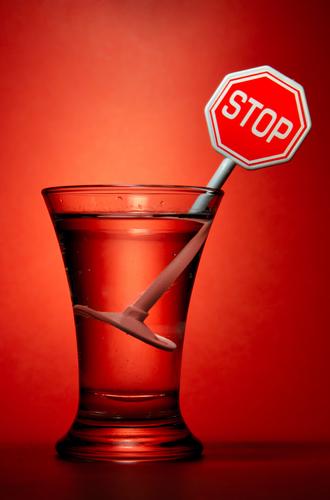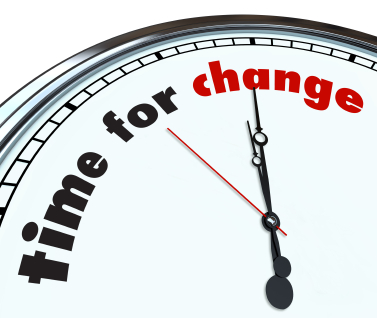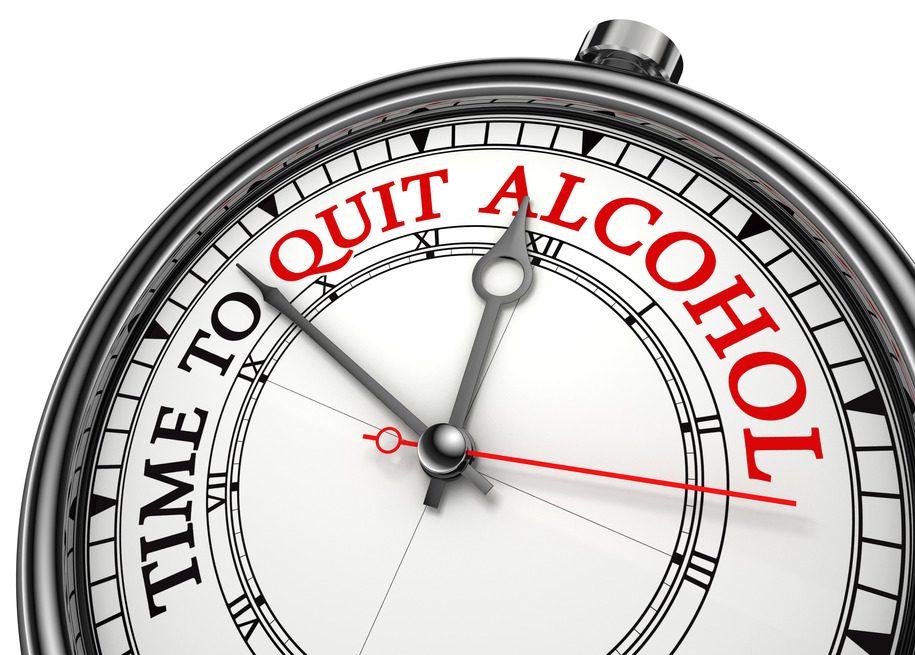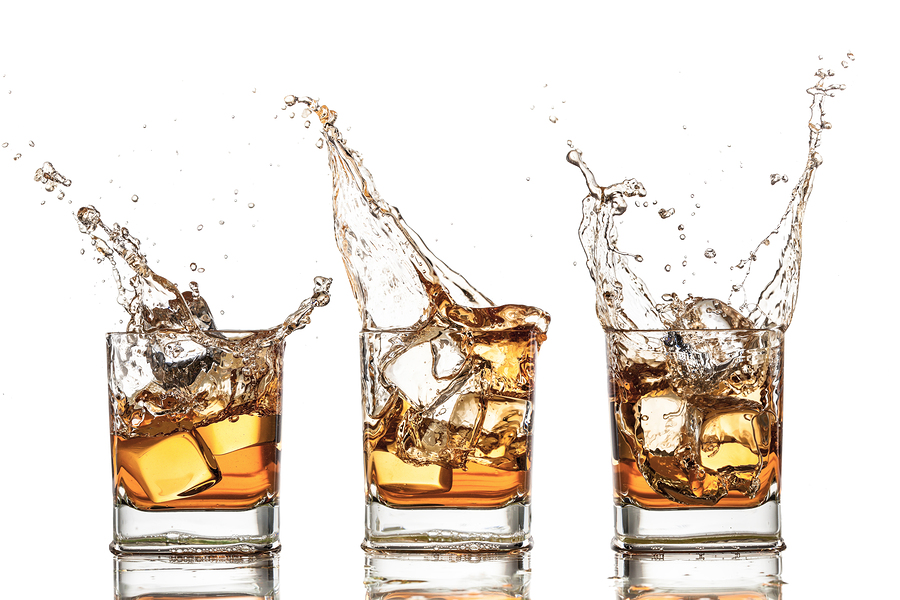Relapse triggers role in addiction development

Relapse triggers role in addiction development can be stopped if you take action now
Relapse triggers role in addiction development: Cue anticipation and emotional memory
If we want to defeat addictive habits and formation objectively, we must be well conversant with relapse triggers role in addiction development. This a clear factor in addiction says doctor Dalal Akoury MD President and founder of AWAREmed health and wellness resource center. Having said that what is cue? And what is a there role in the development of addiction? Cue anticipation refers to environmental cues that can initiate or elevate craving that often leads to relapse. Because of these functions, they (cues) are often called relapse triggers meaning that, a successful recovery plan will include a strategy for coping with cues (relapse triggers).
Relapse triggers role in addiction development: Environmental cues
These environmental cues (relapse triggers) can be anything that is associated with the addiction. It could be a certain time of day, a place, a person, or an activity. For instance, suppose a man is addicted to pornography use and because of that he usually gets online after his wife goes to bed to satisfy his addiction. The mere act of his wife getting ready to go to bed serves as a cue that prompts powerful cravings. Later, even his own anticipation of his wife going to bed will serve as a powerful cue. The amygdala’s role in emotional memory is responsible for these cues taking root. The brain forms an association between pleasant memories of drug use or addictive activities and the cues. The more a person repeats this cycle, the more it strengthens the emotional memory circuits associated with these cues (cue anticipation). Eventually, this leads to a complete preoccupation with the addiction.
Finally, so far our discussion has been focusing on the role of the amygdala and positive emotional memories. Nonetheless, the brain may also form an association between unpleasant emotions and a memory thereby forming a “bad” memory. For your information, these negative emotional memories play an important role in withdrawal. The negative emotional memory of anxiety becomes associated with the physical signs of withdrawal. And as withdrawal begins, the symptoms trigger an unpleasant emotional memory. This increases the negative experience of withdrawal.
Withdrawal avoidance (via returning to the addiction) often becomes the cornerstone of the addiction in the later stages. Thus, in the earlier stages of addiction, the pleasurable experience of the drug motivates a repetition of that behavior. In the later stages, relief of withdrawal symptoms (physical and/or emotional discomfort) achieves pleasure. This pleasurable relief from withdrawal symptoms continues to motivate the repetition of that behavior. I strongly believe that this is a very interesting topic that needs further consultation with the experts. What we have discussed here may not be conclusive and therefore you may want to schedule an appointment with doctor Dalal Akoury for more health insight about addiction and the brain.
Relapse triggers role in addiction development: Cue anticipation and emotional memory
http://regenerativepotential.com/wp-admin









